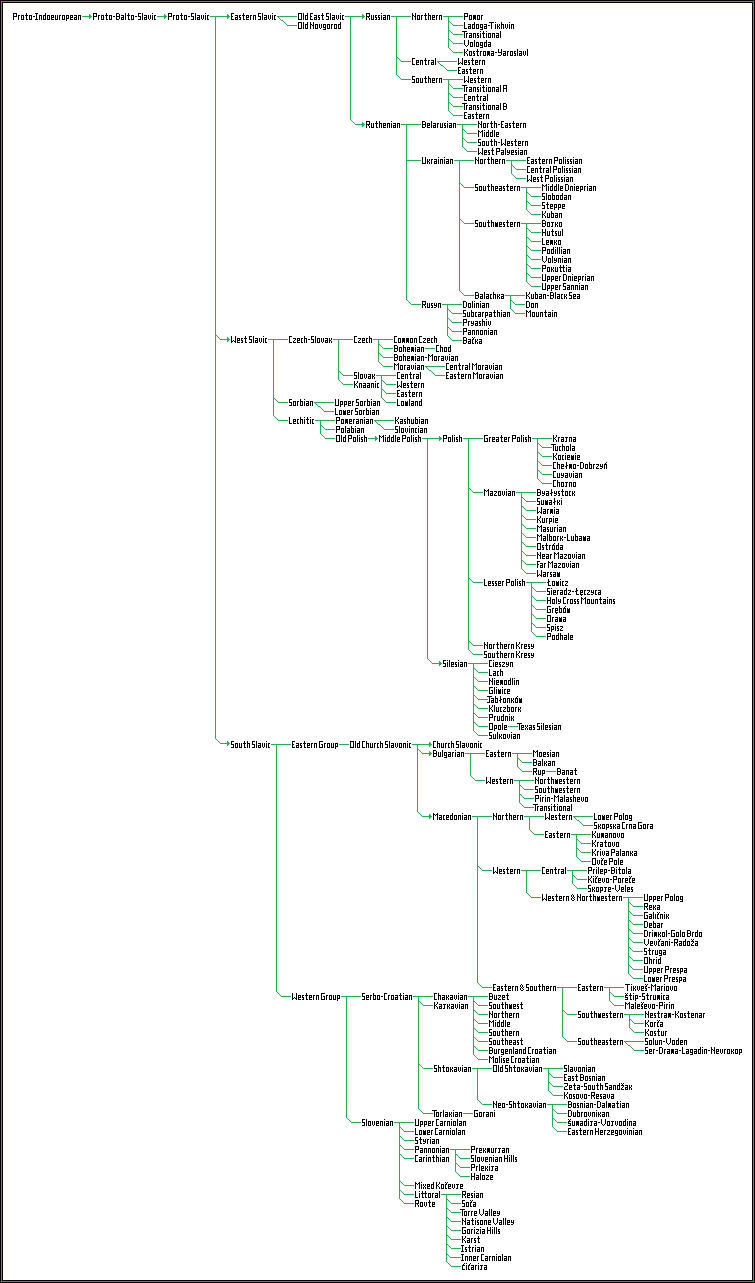Lwow Eagle
23 Mar 2014
History / Is there a list of those in the Polish Army during WWII? [195]
The Polish Parachute Brigade was formed with the purpose of capturing airfields in Poland for use in the planned uprising. They were held in reserve for this purpose until the British brought political pressure for its use in liberating France and the Netherlands in June 1944. Since the Poles required support from the Brits for the planned uprising, they didn't feel they could decline the request. (In the event, British support for the uprising was inadequate, to say the least.) Subsequently, the Polish parachute brigade was committed to Montgomery's folly in the Netherlands in Operation Market Garden, which was an unmitigated disaster. One school of thought is that the Polish paratroopers were sent on that mission to keep them unavailable for service in Poland, and the political issues with Stalin which would have arisen from their activity with the AK. Another perspective is that they were sent to gain battle experience, although considering the high mortality rate of paratroopers, this seems unlikely. Understand that the Poles in exile had placed their hopes for liberation in their paratroopers.
To understand the prestige of the Polish paratroopers, only the U.S., Britain, and the Poles among the Allies had significant paratroop brigades. Canada and the rest of the Commonwealth nations had none worth mention. After D-Day, the British had only one functional airborne unit, and the Poles were needed to enhance them. However, the incompetence of the operation retarded progress on the battle front. The 2,000 Poles who served in the parachute brigades desperately wanted to fight in Poland, but were denied this by the politics of appeasing Stalin. For more about this see M. A. Peszke, The Polish Underground Army, the Western Allies, and the Failure of Strategic Unity in World War II (2009)
Polish paratroops
The Polish Parachute Brigade was formed with the purpose of capturing airfields in Poland for use in the planned uprising. They were held in reserve for this purpose until the British brought political pressure for its use in liberating France and the Netherlands in June 1944. Since the Poles required support from the Brits for the planned uprising, they didn't feel they could decline the request. (In the event, British support for the uprising was inadequate, to say the least.) Subsequently, the Polish parachute brigade was committed to Montgomery's folly in the Netherlands in Operation Market Garden, which was an unmitigated disaster. One school of thought is that the Polish paratroopers were sent on that mission to keep them unavailable for service in Poland, and the political issues with Stalin which would have arisen from their activity with the AK. Another perspective is that they were sent to gain battle experience, although considering the high mortality rate of paratroopers, this seems unlikely. Understand that the Poles in exile had placed their hopes for liberation in their paratroopers.
To understand the prestige of the Polish paratroopers, only the U.S., Britain, and the Poles among the Allies had significant paratroop brigades. Canada and the rest of the Commonwealth nations had none worth mention. After D-Day, the British had only one functional airborne unit, and the Poles were needed to enhance them. However, the incompetence of the operation retarded progress on the battle front. The 2,000 Poles who served in the parachute brigades desperately wanted to fight in Poland, but were denied this by the politics of appeasing Stalin. For more about this see M. A. Peszke, The Polish Underground Army, the Western Allies, and the Failure of Strategic Unity in World War II (2009)
Hey - I'm another one whose dad was with the 1st Parachute Brigade - somewhere up in Scotland.
Would love to find out more about what he did (he talked very little about it and has since passed away)
Would love to find out more about what he did (he talked very little about it and has since passed away)

